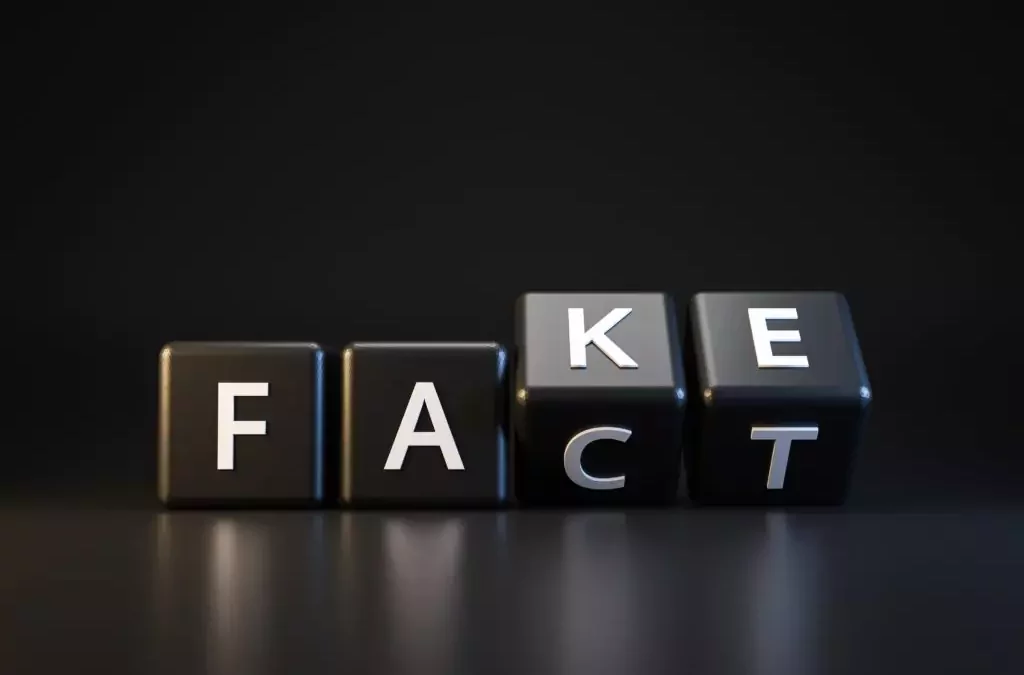The search for a good job may seem endless to some applicants. Adjusting a resume to be more eye-catching can be tempting, but is that a good idea? And what are the consequences?
Research by recruitment agency Robert Half has shown that 70 percent of employers receive resumes with lies on it. These results were calculated based on a survey of 300 Dutch managers with recruitment authority.
The biggest lies
Applicants mainly lie about:
- Former employers
- Reason for dismissal or leaving previous companies
- Achieved diplomas
- Functions performed and their duration
- References
- Knowledge and skills
- …
Disadvantages of such lies for companies
As a company, it’s very disadvantageous that applicants lie about their curriculum vitae. You want to hire someone who qualifies for the vacant position. Why did the applicant leave or get fired from the previous job? Was there something stolen? Were there aggressive strikes? It’s important to know the truth about this, you don’t want to bear the consequences of hiring someone who can harm your company or employees.
There are several steps you can take to determine if a candidate is lying:
- Check the resume carefully and see if all the data given is correct
- Ask specifically for the details of any references
- …
Of course you can also hire a private investigator who can give you a clear picture of your applicants.
Disadvantages for job seekers
Once a selection agency or potential employer realizes that you are lying, you lose all credibility. No matter how small this lie may be, a selection office will not want to introduce you to companies and a company manager immediately loses all interest in your candidacy.
If you are hired and your new employer finds that you have lied about your experience and knowledge, he will not hesitate to fire you. This will make the search for another job more difficult.
How do you prepare a good resume?
Do you have no idea how to compile an eye-catching resume? Do you want to look like an attractive candidate without lying to your curriculum vitae? Then we have some tips for you:
-
Be short and clear
You do not have to explain what you had to do for each diploma. This can be discussed further during a job interview. So clearly list your diplomas and work experiences, without going into too much detail. -
Work chronologically
When listing work experience and school diplomas, it’s important that you accurately reflect the time periods within which you have gained these experiences. Don’t skip data and make sure everything is arranged chronologically. -
Do something with your skills
Not much experience yet? Then you can always highlight certain skills. For example, are you good at organizing? Do you remain calm in stressful situations? Do computers have no secrets for you? Do not omit these strengths from your resume. -
Bring out your connections
Do you have good connections from your previous job? Use them and ask to add them to your curriculum vitae as a reference. No matter how well you can sell yourself, someone else’s positive words can do wonders. -
Grab attention
You don’t draw attention with lies. Make sure the design and layout of your resume is attractive and eye-catching. There are plenty of online tools to make something beautiful out of it.

